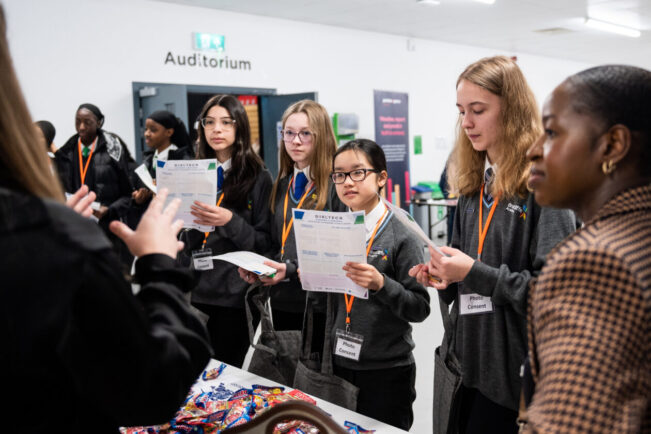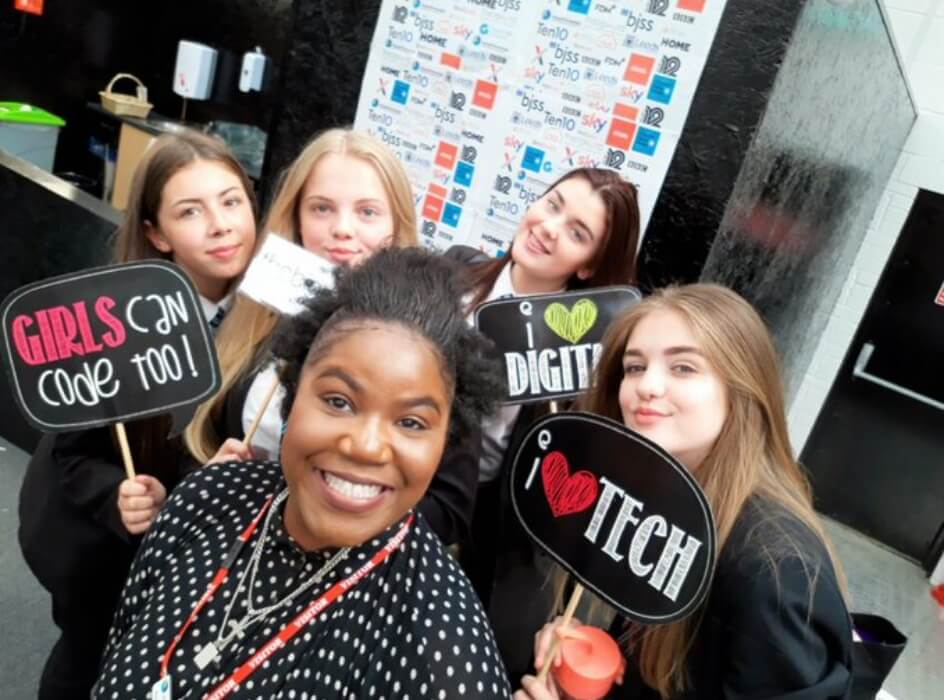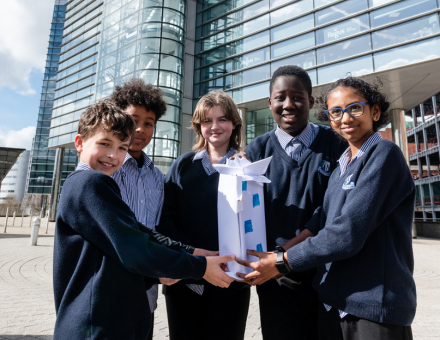Comments from Suzie Bell, Project Lead of Growing Talent Digital Leeds and Project Manager at Ahead Partnership
Last week I attended the Women in Tech breakfast at Accenture in Leeds. The theme of the morning was Women’s Health technology and I posted on LinkedIn at the time about how refreshing I found it to be in a room where women’s health was discussed openly and how reassuring it was to hear about the technological advancements being made by companies like Kheiron Medical, to use AI to support the NHS in diagnosing breast cancer. The discussions and themes of that morning have stayed with me over the last week, as I’ve pondered the real-life implications of diversity (or a lack of it) in technology and digital. Not long after attending the event I read an article announcing that a team of researchers from Sweden has developed the world’s first crash test dummy Eva, modelled on the average female body. Read that again.
In 2024 there has never been a crash test dummy that considers female anatomy before, and crash test dummies have been used to test car safety for more than 50 years. Women’s crash safety has never been tested. The team that created the dummy is led by Dr Astrid Linder, yes, she is a woman. I watched Dr Astrid Linger’s Ted Talk on Eva, she stated women are more than twice as likely to get soft tissue injuries in a car crash than men. Twice the risk.
I’m passionate about challenging inequality, which is why my role at Ahead Partnership involves thinking about how to create more opportunities for social mobility. Our Growing Talent Digital Leeds programme brings together schools, businesses, and key local stakeholders to deliver an annual calendar of events to educate young people on the digital sector and the importance digital skills will play in their future. As project lead on the programme, I often spend time looking at the latest statistics on diversity in the tech sector and how we can innovate new ways of communicating the opportunities in tech to young people who could join the sector’s workforce in years to come. What can be tricky to communicate to the young people we work with, is why companies and organisations sponsoring our programmes want to gain their interest in working in their sector one day. Young people are astute and occasionally cynical. The young people we work with on Growing Talent Digital Leeds are the most diverse and the least advantaged. They are keenly aware of the differences between themselves and their more advantaged peers. Talk of increasing diversity has been met with eye-rolling and muttered comments about box ticking. What we must do, is communicate tangible examples of not just how a career in tech and digital can improve their prospects (which is true) but give them real-life examples of how their involvement and an increase in diversity in all sectors can make everyone’s lives better. In the past I have said to young women attending our Girl Tech events, do you want to use a period-tracking app created by men? Now I will also be saying, do you want to travel in a car tested for women’s safety?




